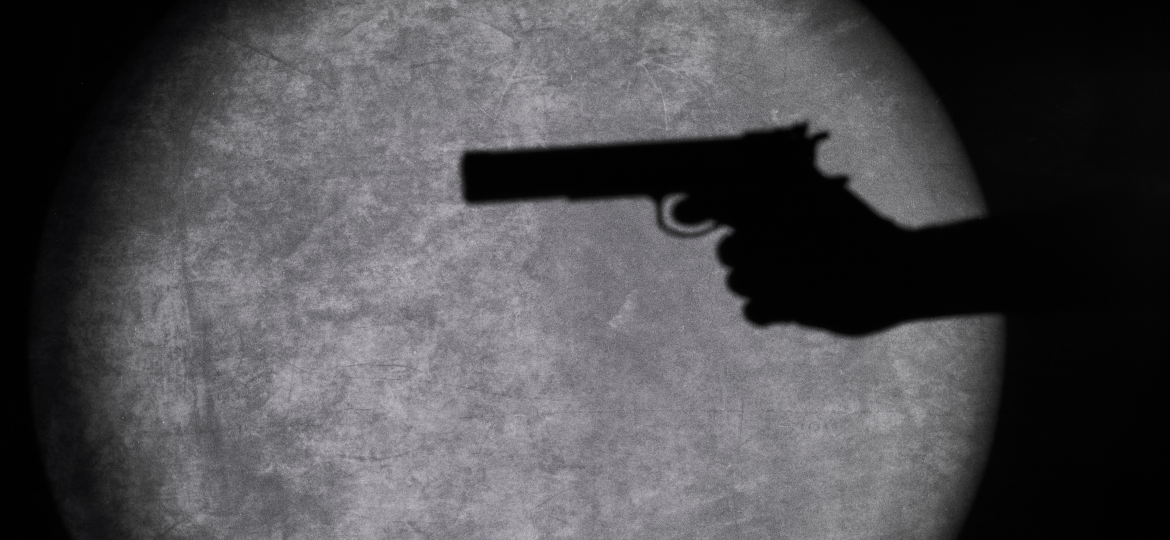
In mid-May of this year, an assassination attempt on Slovak Prime Minister Robert Fico took place in the central Slovak town of Handlová. Police charged the 71-year-old shooter with attempted premeditated murder. The international multidisciplinary consortium CEDMO, which has long focused on studying the digital transformation of society in the Central European region, published a special thematic report on the event. The report includes, for example, findings on where Czechs and Slovaks drew their information from on the attack or how they evaluated the following media coverage. The report is based on data from the CEDMO Trends survey of Slovak and Czech respondents supplemented by examples of false news stories spread online in relation to the assassination and captured by the consortium’s fact-checking organisations (i.e. Demagog.cz, Demagog.sk, Demagog.pl and AFP).
Just under two-thirds of Slovaks (64%) and half of Czechs (50%) declare that they followed the event closely on the day of the assassination. In both countries, people drew most of their information from their favorite TV station. In the Czech Republic, it was 40% of respondents. In contrast, Slovakia reported a slightly lower figure, with 30% of respondents. Slovaks, on the other hand, drew at least twice as much information as Czechs from social networks (Czech Republic 6%, Slovakia 14%), family (Czech Republic 4%, Slovakia 9%) or friends (Czech Republic 3%, Slovakia 6%).
Information sources on the day of the shooting

Chart: survey question: ‘Which source did you draw the most information from on the day of the attempted assassination of Slovak Prime Minister Robert Fico, Wednesday 15 May 2024?’ Czech Republic: N =2,729, Slovakia: N =1,792 Source: CEDMO Trends (published in “CEDMO Special Brief on the attempted assassination of Robert Fico”)
“Almost one tenth of Czech respondents (7%) chose not to consume information on the day of the shooting. This proportion was lower in Slovakia at 3%,” comments Lukáš Kutil, data analyst at CEDMO Trends. In the Czech Republic, 14% of them deliberately did not consume information about the shooting, while among people aged 55 and over this number was only 3%. In Slovakia, people in the 25-34 age group were the most likely to deliberately not follow the events surrounding the assassination in 6% of cases, but seniors over 65 years of age reported this in only 1% of cases. Regionally, people in the Prešov region (7% of whom did not follow the event deliberately) and the Banská Bystrica region (6%) followed this event the least.”
According to fact-checking organisations within the CEDMO consortium, after the assassination, posts highlighting alleged Ukrainian involvement began to circulate online in Slovakia as well as in other countries like the Czech Republic and Poland. Unsubstantiated speculation that the assassination could have been staged or took place differently than the police claimed also appeared on social media. In the hours and days following the assassination, a number of posts focused on the real or imagined political activities and positions of the assassin, as well as his alleged links to the Slovak opposition.
The disinformation narrative claiming that the liberal opposition, more precisely Progressive Slovakia and the media supported by it, was behind the assassination of Prime Minister Robert Fico was noted by 58% of respondents in Slovakia and 31% in the Czech Republic. This false report is considered credible by 35% of Slovaks and 24% of Czechs[1]. Almost two-thirds of respondents in Slovakia (64%) and 60% of Czechs agree that social network operators (e.g. Meta) have the right to restrict hateful posts or posts that endorse the shooting.
Both Czechs and Slovaks showed ambivalence about the cause of the assassination. Almost identical percentages agreed that one of the main causes of the crime was the controversial actions of Prime Minister Fico himself, such as the reform of law enforcement agencies or actions against the RTVS media/verbal attacks on journalists (Czech Republic 49%, Slovakia 52%), and that the main cause was the escalated policy of opposition parties towards the Slovak Prime Minister, led by the Progressive Slovakia movement (Czech Republic 48%, Slovakia 50%)[2]. According to the majority of the Slovak (55%) and Czech (56%) population, public information provided by the Slovak police and the Slovak Ministry of the Interior was factual and professional.
Half of Slovak respondents (50%) believe that the Slovak government coalition will use this tragic event to limit democracy (e.g. suppressing the rights of the opposition or limiting freedom of speech). Notably more Slovaks (46%) than Czechs (35%) believe that the leaked recording of the shooter’s statement sitting in the corridor of the police station in Handlová has helped government politicians draw attention to the assassin’s links to the opposition. At the same time, just under half of Slovaks (45%) are concerned about a repeat of a similar shooting attack on political leaders. In the Czech Republic, fewer citizens (36%) expressed concern about another gun attack on a Slovak politician. On the contrary, only a fifth of Slovaks (20%) and an even smaller proportion of Czechs (14%) believe that the assassination will lead to a calming of the tense situation in Slovakia.
56% of Slovaks agree that the Slovak public service media (at the time of the assassination, Rozhlas a televízia Slovenska) managed to maintain high ethical standards in journalistic work. Respondents rated the private news media even better, as according to 61% of Czechs and Slovaks most journalists working for private news agencies covered the tragedy factually and seriously.
[1] Source: CEDMO Trends Czech and Slovak Republic; published on cedmohub.eu “Fact-checking Brief (Q2/2024)”
[2] Respondents expressed their agreement with all offered causes of the assassination attempt separately. The sum is therefore not equal to 100%
